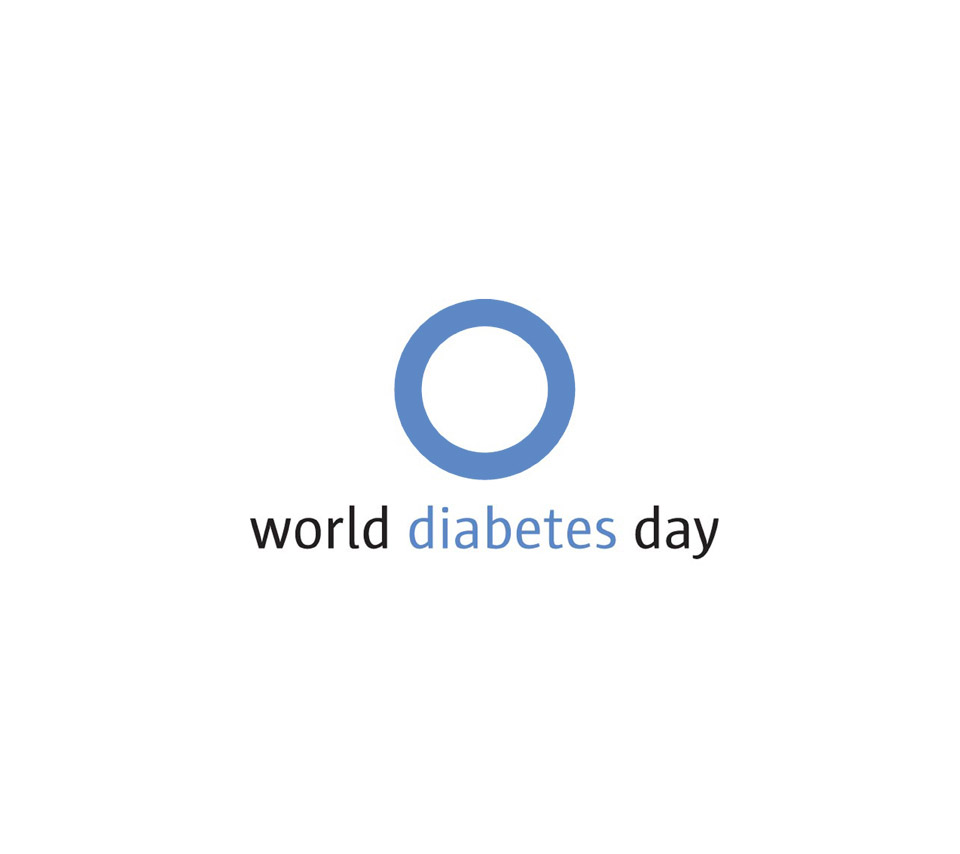UN chief cites concerns over diabetes

By Nigar Orujova
The United Nations chief warned of the risks posed to people worldwide by diabetes, one of the most common noncommunicable diseases, as the international community marked World Diabetes Day, November 14.
"Unless diagnosed and treated early, diabetes can lead to serious ill-health," Secretary-General Ban Ki-moon said in his message to world population on the occasion.
"Every year, more than three million people who have had diabetes die from problems such as heart attacks, strokes and kidney failure. According to the World Health Organization, diabetes-related deaths will increase by two-thirds by 2030," Ban Ki-moon said.
World Diabetes Day is marked worldwide by over 200 member associations of the International Diabetes Federation in more than 160 countries and territories every year on November 14.
Diabetes mellitus (DM) is a group of metabolic diseases in which a person has high blood sugar, either because the body does not produce enough insulin -- a hormone produced by beta cells of the pancreas and is central to regulating carbohydrate and fat metabolism in the body, or because cells do not respond to the insulin that is produced.
Ban Ki-moon said diabetes is a development issue. The poor are disproportionately at risk, and affected families are often pushed further into poverty.
"Three hundred and fifty million people worldwide live with diabetes -- 80 per cent of them in the developing world -- and the disease is becoming more widespread each year due to a combination of ageing populations and the globalization of unhealthy lifestyles," Ban Ki-moon noted.
The UN secretary-general said diabetes is also straining national health systems and "threatening to reverse hard-won development gains" in low- and middle-income countries, as well as the achievement of the Millennium Development Goals by 2015.
"Governments across the globe are struggling to protect their citizens from factors that increase the risk of diabetes. These include unhealthy diet, physical inactivity and alcohol abuse. Many governments also face challenges in providing essential diabetes information, treatment and care to those who need them most," Ban Ki-moon's message said.
In September 2011, the UN General Assembly recognized diabetes and other noncommunicable diseases as a global health and development challenge, and committed to strengthen their prevention and control.
At the World Health Assembly in May 2012, governments established a new and welcome goal of reducing premature mortality caused by chronic diseases by 25 per cent by 2025.
"We can significantly advance this goal by raising awareness of the threat of diabetes," Ban Ki-moon said. "Physical activity and healthy diet are effective remedies that should be actively promoted by all governments. Primary health care should be strengthened to diagnose and treat diabetes early. Health companies can contribute by developing affordable medicines and technologies, such as low-cost devices to check blood sugar. And businesses - especially those that profit from selling processed foods to children - can commit to marketing healthier, more sustainable goods. On this World Diabetes Day, let us commit to greater collective effort to prevent diabetes and improve the quality of life of all who suffer from it, particularly the poor and disadvantaged."
The World Health Organization (WHO) estimates that more than 346 million people worldwide have diabetes. This number is likely to more than double by 2030 without intervention.
Azerbaijan's government will increase funding for diabetes treatment in 2013. The draft state budget for 2013 will allocate 33.7 million manats ($42.9 million) for the State Program on Diabetes Mellitus, which is 21.5 million manats ($27.3 million), or 2.8 times, more than in 2012.
The number of new diabetes cases in Azerbaijan was 22,104 in 2011, 1,500 over 2010. Some 4,207 of these people are insulin dependent and 17,174 are insulin independent.
As many as 135,711 people with diabetes were registered by Azerbaijani medical institutions in 2011. The figure was 121,095 in 2010.
Started by the International Diabetes Federation and WHO, World Diabetes Day is celebrated every year to mark the birthday of Frederick Banting who, along with Charles Best, was instrumental in the discovery of insulin in 1922, a life-saving treatment for diabetes patients.
The World Diabetes Day campaign engages millions of people worldwide in diabetes advocacy and awareness. The initiative was put forward over growing concerns about the escalating threat that diabetes poses to human health today.
The campaign features a new theme chosen by the International Diabetes Federation each year to address issues facing the global diabetes community.
Diabetes Education and Prevention is the World Diabetes Day theme for the period 2009-2013.
Here we are to serve you with news right now. It does not cost much, but worth your attention.
Choose to support open, independent, quality journalism and subscribe on a monthly basis.
By subscribing to our online newspaper, you can have full digital access to all news, analysis, and much more.
You can also follow AzerNEWS on Twitter @AzerNewsAz or Facebook @AzerNewsNewspaper
Thank you!
